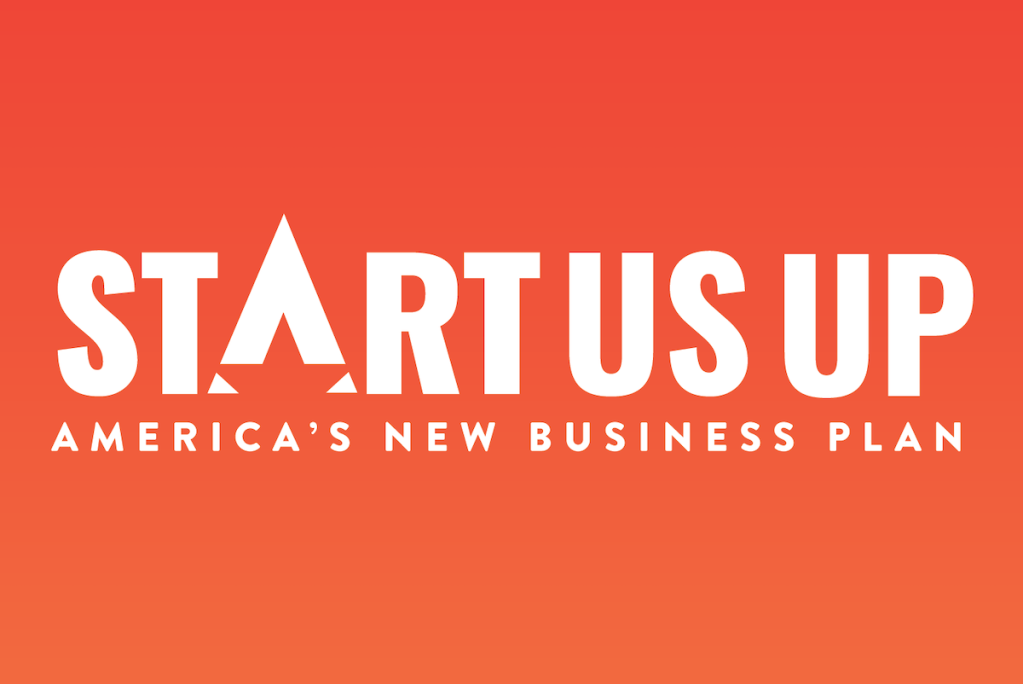As the country gets back onto its feet after the pandemic, it’s natural to look around and survey the scene to evaluate where we stand.
The COVID-19 pandemic not only created an obvious health crisis, but it also laid bare the existing systemic barriers that have hampered businesses owned by people of color across the country. These dual pandemics of COVID-19 and racial injustice have created a widened chasm of capital opportunity in the larger entrepreneurial environment: businesses with strong connections are thriving and able to access venture-capital funding, while other new and small business owners in underserved and rural areas need funding but don’t have the same access to capital.
Simply acknowledging these issues doesn’t change them, but it is a start. There is a popular saying: “If you can name it, you can tame it.” The greater our awareness of the issue, the more we can focus on creating a level playing field for everyone.
New SBA Administrator Wants to Build Back Better — and More Equitably
Rhett Buttle, founder of Public Private Strategies, recently interviewed new SBA Administrator Isabella Casillas Guzman, who said she is committed to increasing equitable funding for new and small business owners who struggled during the pandemic. “We will work to be sure that we’re delivering our services equitably — recognizing the changing face of entrepreneurship,” she said. “We know that women- and minority-owned businesses were already facing historic barriers limiting their growth, and that opportunity gaps have only widened during the pandemic. That is why it is imperative that we review every program in the SBA portfolio to ensure equity is a top priority.”
Effort Continues to Boost Undocumented Entrepreneurs
Small Business Majority spokesperson Alejandro Flores-Muñoz recently testified before the Colorado State Senate about the ability for undocumented immigrants in the state to obtain licensing. Because of existing laws, these entrepreneurs are currently prohibited from obtaining professional licenses because of their immigration status. “When I first was going through the process, I realized there were some barriers that specifically targeted folks like me,” Flores-Muñoz told Denver7 TV news. “The immigrant community is a vibrant community, and it’s one that has been on the front lines of this entire pandemic, and now maybe they’re looking to do something different.”
The U.S. Startup Ecosystem Is Healthy
Research from Washington, D.C.–based group Engine finds “The startup ecosystem is healthy as both the number of startup fundings and the value of those fundings have grown meaningfully over the past decade. This positive trend is present across all funding rounds — from seed and angel rounds, to Series A, to venture capital as a whole.” The group conducted an in-depth survey of the startup landscape in order to gain a deeper understanding of the health of U.S. startups and provide insight for a range of public policy debates. Overall, startup exits have increased in number and value by 383 percent and 1847 percent respectively from 2003 to 2018.

